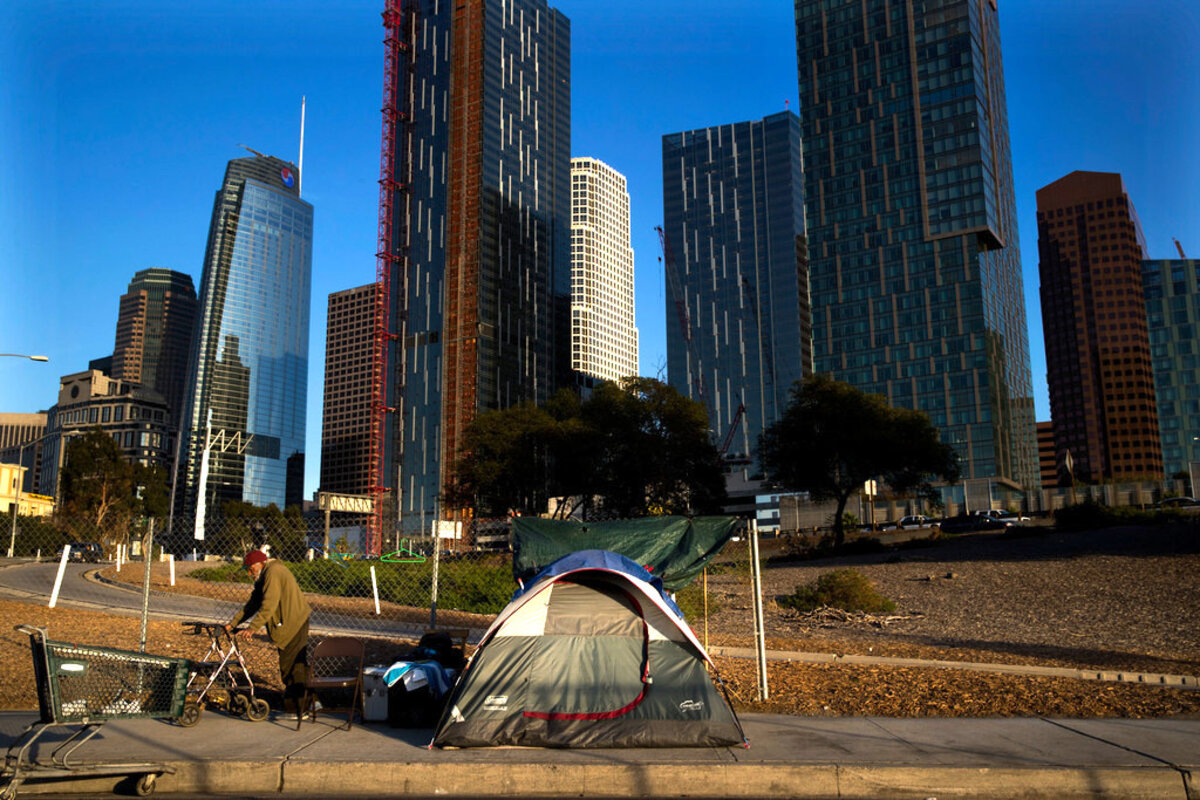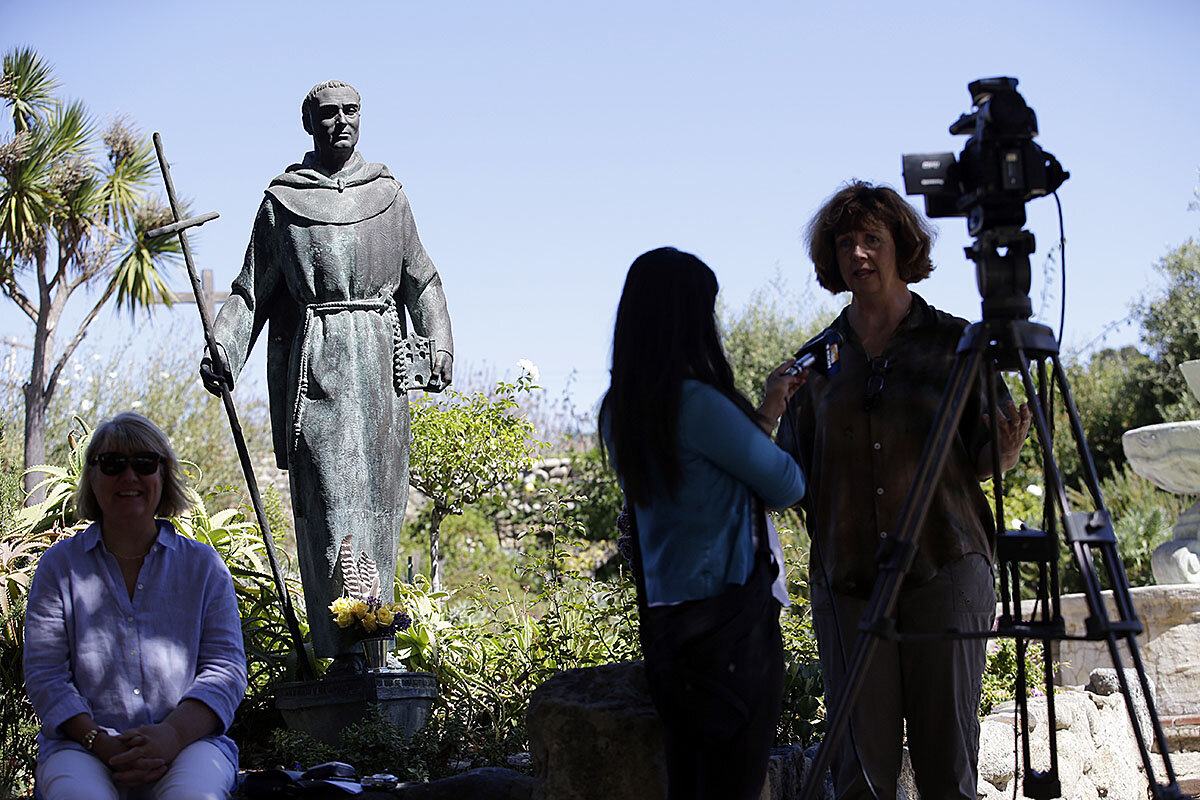Lawmakers of both parties quickly said the accuser of Supreme Court nominee Brett Kavanaugh must be heard. That shows the power of the #MeToo movement and the pivotal role of women in US politics. The question ahead: Will it change minds about his confirmation?
Monitor Daily Podcast
- Follow us:
 Mark Sappenfield
Mark Sappenfield
For a week in 2017, Max Karlsson was the voice of Sweden. If you have never heard of Mr. Karlsson, don’t fret. The rest of the world had never heard of him, either. He just happened to be one of about 360 everyday Swedes chosen by the Swedish Institute to run the @sweden Twitter account for a week during the past seven years.��
The experiment often plunged into the ridiculous, including a Twitter war with Denmark about moose. The chosen Swedes, after all, could pretty much tweet about anything they liked. Nothing illegal, nothing promotional, nothing dangerous, nothing discriminatory. Other than that, go nuts.
Quirky, yes. But also a statement. The Swedish Institute, which promotes the country worldwide, wasn’t scared by what its citizens would say. After all, there isn’t just one Sweden; there are many, the government wrote on the project website. What makes Sweden special are Swedes themselves.
The project has now ended, with the institute saying it has run its course. But the spirit is bigger than a Twitter feed. Behind democracy is the conviction that no one person speaks for a country. We all do. “Being on social media is to let go of control,” an official with the institute , “but if you want to show Sweden as an open country, this is how to do it.”
Now, here are our five stories for today, with glimpses of the power of practicality in the Carolinas, a new humility in economics, and many Israelis’ changing views of Arabic.��













